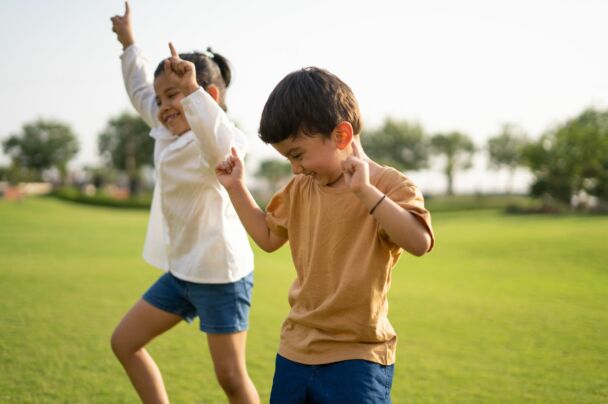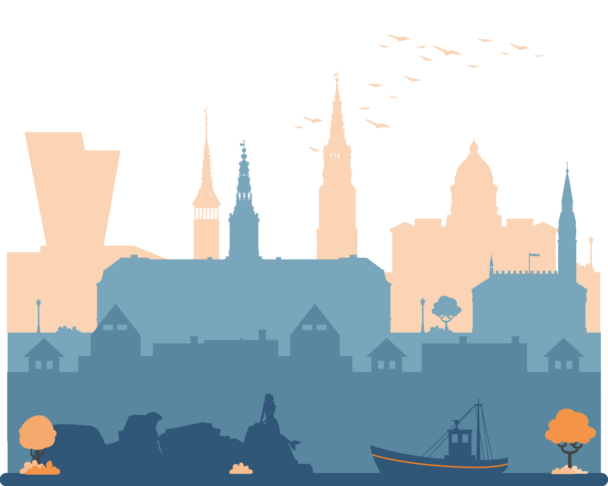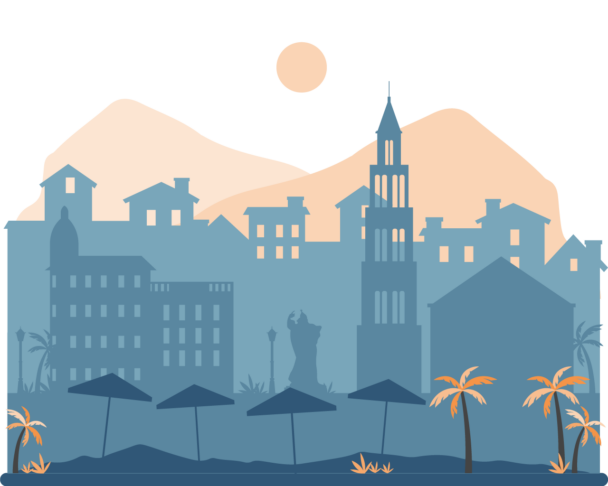Description
They say the brain is like a computing machine and runs programs like a PC.
However, teachers know well that students don’t like to process information like computers. And neuroscience tells us that the brain learns more when the body is also engaged.
Shall we take action to introduce movement into lessons to increase learning, activate the students, and engage them in learning?
The course is designed to help teachers realize how much more effective their lessons can be when they exploit the connection between movement, learning, and play as contemporary neuroscience suggests.
Participants will learn to create positive change in the classrooms by using active games and movement as primary tools. The course will also explore the importance of play for better motivation and less stress, and how it can be used to improve students’ concentration. Hence, participants will practice yoga exercises for kids, and have the opportunity to share their own ideas on how to fix lack of motivation.
Additionally, the course will provide new ideas on how to use movement and play to learn and revise teaching content, through teamwork and the creation of common digital materials. Finally, participants will learn how to make an outdoor classroom and engage in active breaks, all while having fun and playing.
Participants will be involved in an active learning process, focusing on personal experience and self-expression, combining cognitive and physical elements to learn how neuroscience works.
By the end of the course, participants will have a deeper understanding of the importance of movement and play in the classroom and be equipped with practical tools from educational methodologies such as active, collaborative, and student-centered learning to implement this approach in their teaching.
What is included
Learning outcomes
The course will help the participants to:
- Explain the link between movement, learning, and play from a neuroscience perspective;
- Develop strategies and techniques for incorporating movement and play into classroom activities to increase learning outcomes;
- Demonstrate yoga exercises for kids and other active games that can be used to improve students’ concentration and motivation;
- Design and implement an outdoor classroom and active breaks to promote engagement and fun in learning;
- Apply educational methodologies such as active, collaborative, and student-centered learning to incorporate movement and play into teaching practices.
Tentative schedule
Day 1 – Neuroeducation: a short introduction
- Introduction to the course, introduction of teacher and participants;
- Icebreaker activities;
- Identification of the needs and goals of each participant;
- What happens in children’s brains when they learn?
- Empirically informed teaching based on neuroscientific evidence.
Day 2 – The importance of movement
- What happens to the body and brain when we are moving?
- How to improve learning through movement;
- Practical activities and case studies.
Day 3 – Playing to increase motivation and reduce stress
- Motivation and lack of motivation: sharing of best practices;
- Children’s motivation according to neuroscience;
- Yoga exercises for kids;
- Strategies and techniques that help to motivate and improve students’ concentration.
Day 4 – Engaging the brain through play and movement
- Using movement and play to do a break in class;
- Introducing movement and play to teach curricular content;
- Creating common digital materials.
Day 5 – Playing, learning, and fun
- Outdoor education;
- Examples of active breaks;
- Team working to make new examples and ideas.
Day 6 – Course closure and cultural activities
- Round up of acquired competencies, feedback, and discussion;
- Awarding of the course Certificate of Attendance;
- Excursion and other external cultural activities.





